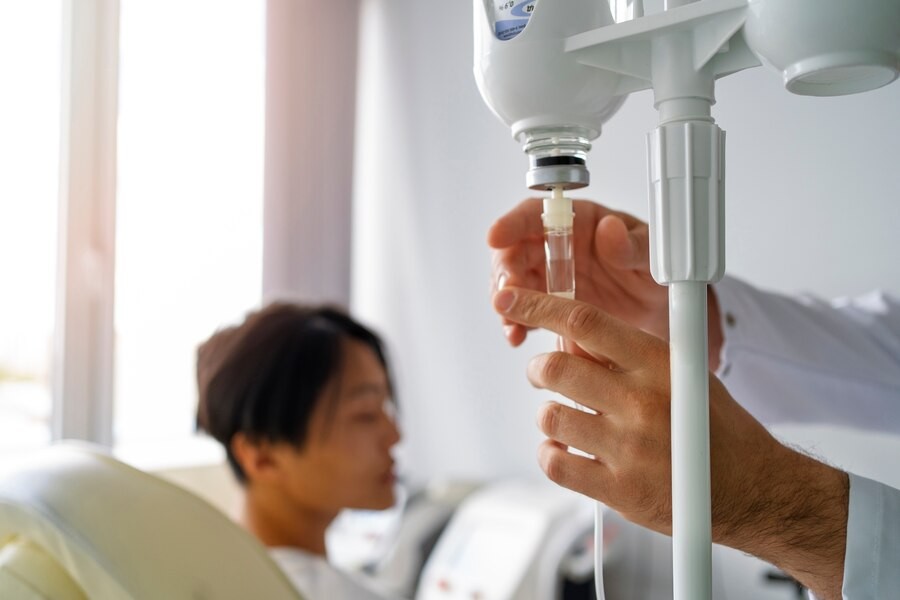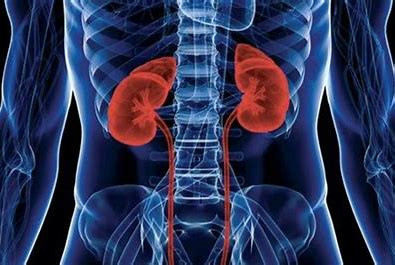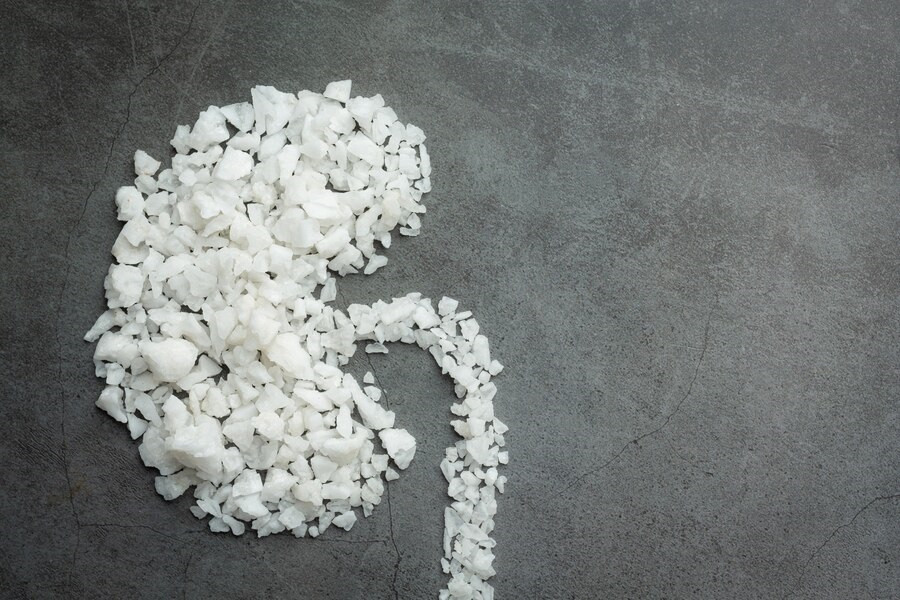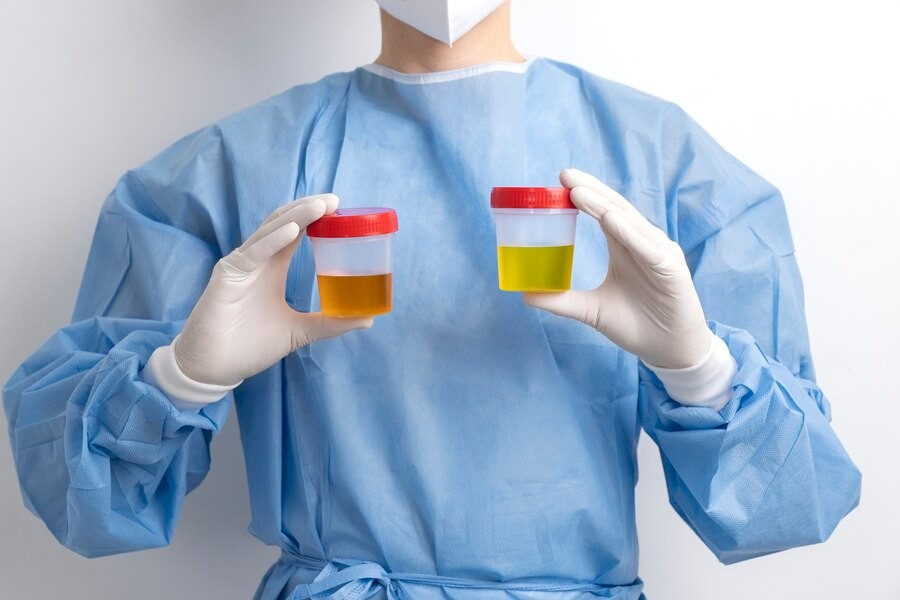Hemodialisis, atau cuci darah, adalah prosedur medis yang berfungsi menggantikan peran ginjal yang mengalami kerusakan dalam menyaring darah dari limbah. Prosedur ini umumnya dilakukan pada penderita gagal ginjal kronis atau stadium akhir.
Namun, belakangan ini, tren hemodialisis di kalangan anak muda semakin meningkat. Meningkatnya kasus kerusakan ginjal pada usia yang relatif muda sangat mengkhawatirkan dan perlu mendapatkan perhatian serta tindakan pencegahan yang serius.
Penyebab Meningkatnya Tren Hemodialisis di Kalangan Anak Muda
Peningkatan kebutuhan hemodialisis di kalangan anak muda disebabkan oleh beberapa faktor, seperti pola makan yang tidak sehat, gaya hidup yang kurang aktif, serta kebiasaan merokok dan mengonsumsi alkohol. Selain itu, tekanan darah tinggi dan diabetes semakin sering ditemukan pada usia muda, yang menjadi penyebab utama penyakit ginjal kronis.
Kegemaran akan makanan cepat saji, minuman manis seperti teh susu dan kopi kekinian, serta kebiasaan "rebahan" sambil bermain ponsel juga berkontribusi pada penurunan kesehatan ginjal.
Oleh karena itu, diperlukan langkah pencegahan sejak dini untuk menurunkan tren hemodialisis ini, agar generasi muda Indonesia dapat hidup sehat dan produktif.
Baca Juga: Benarkah Gemar Makan Ayam Goreng Krispi Menyebabkan Gagal Ginjal?
Cara Mencegah Peningkatan Tren Hemodialisa
Tren hemodialisis di kalangan anak muda dapat menurun jika kebiasaan positif, seperti menjaga pola makan sehat, beraktivitas secara rutin, dan mengelola stres, dilakukan dengan baik. Berikut adalah beberapa tindakan pencegahan yang disarankan:
Menjaga pola makan sehat
Gizi seimbang sangat penting untuk menjaga kesehatan ginjal. Konsumsi makanan tinggi garam, gula, dan lemak jenuh dapat meningkatkan risiko tekanan darah tinggi dan diabetes, yang merupakan faktor risiko utama penyakit ginjal.
Oleh karena itu, dalam kehidupan sehari-hari, Anda disarankan untuk:
- Kurangi Makanan Olahan dan Cepat Saji: Makanan ini sering mengandung kadar garam, gula, dan lemak yang tinggi.
- Perbanyak Konsumsi Sayuran dan Buah-buahan: Sumber makanan ini kaya akan vitamin, mineral, dan serat yang baik untuk kesehatan.
- Batasi Asupan Garam: Mengurangi konsumsi garam dapat membantu mencegah tekanan darah tinggi dan menjaga kesehatan ginjal.
Beraktivitas fisik rutin
Gaya hidup aktif sangat penting untuk menjaga berat badan ideal dan mengontrol tekanan darah. Disarankan untuk melakukan aktivitas fisik, seperti berjalan kaki, bersepeda, berenang, atau latihan kardio lainnya, selama minimal 30 menit setiap hari, setidaknya lima kali seminggu.
Baca Juga: Bagaimana Hidup Hanya dengan Satu Ginjal Saja?
Menghindari kebiasaan merokok dan mengonsumsi alkohol
Merokok dan konsumsi alkohol dapat merusak pembuluh darah, termasuk yang ada di ginjal. Kebiasaan ini dapat mempercepat kerusakan ginjal, sehingga meningkatkan kebutuhan untuk cuci darah. Oleh karena itu, sangat penting untuk berhenti merokok dan membatasi konsumsi alkohol agar kesehatan ginjal tetap terjaga.
Mengelola stres dengan baik
Stres dapat berdampak negatif pada kesehatan tubuh, termasuk ginjal. Mengelola stres dengan baik melalui olahraga, meditasi, dan melakukan hobi dapat membantu menjaga tekanan darah tetap normal serta menurunkan risiko penyakit ginjal.
Menghindari konsumsi obat yang tidak perlu
Penggunaan obat-obatan tertentu seperti pereda nyeri nonsteroid dan suplemen berlebihan, dapat merusak ginjal. Oleh karena itu, sebaiknya konsumsi obat perlu dilakukan sesuai resep dan saran dokter. Hindari penggunaan obat secara sembarangan.
Pemeriksaan kesehatan rutin
Deteksi dini menjadi kunci dalam mencegah penyakit ginjal berkembang menjadi lebih serius. Melakukan pemeriksaan kesehatan secara rutin, termasuk tekanan darah, kadar gula darah, dan fungsi ginjal, dapat membantu mengidentifikasi masalah lebih awal.
Peningkatan tren hemodialisa merupakan masalah yang serius. Jangan ragu berkonsultasi dengan dokter apabila Anda membutuhkan informasi lebih lanjut mengenai kesehatan ginjal Anda. Manfaatkan layanan konsultasi kesehatan pada aplikasi Ai Care dengan mengunduhnya melalui App Store atau Play Store.
Mau tahu informasi seputar penyakit lainya? Cek di sini, yah!
- dr Nadia Opmalina
Kelli Miller (2023). When Do I Need Dialysis?. Available from: https://www.webmd.com/a-to-z-guides/kidney-dialysis
Cleveland Clinic (2022). Kidney Failure. Available from: https://my.clevelandclinic.org/health/diseases/17689-kidney-failure
Nebraska Med (2024). How does diabetes affect the kidneys?. Available from: https://www.nebraskamed.com/health/conditions-and-services/kidney-failure-disease/how-does-diabetes-affect-the-kidneys
Ryan Raman, MS, RD (2023). 5 Foods to Avoid with Kidney Disease and Diabetes. Available from: https://www.healthline.com/nutrition/foods-to-avoid-with-kidney-disease-and-diabetes
Cleveland Clinic (2023). Chronic Kidney Disease. Available from: https://my.clevelandclinic.org/health/diseases/15096-chronic-kidney-disease
Mallory Creveling, ACE-CPT (2023). How Often Should You Work Out?. Available from: https://www.health.com/fitness/how-many-days-work-out












